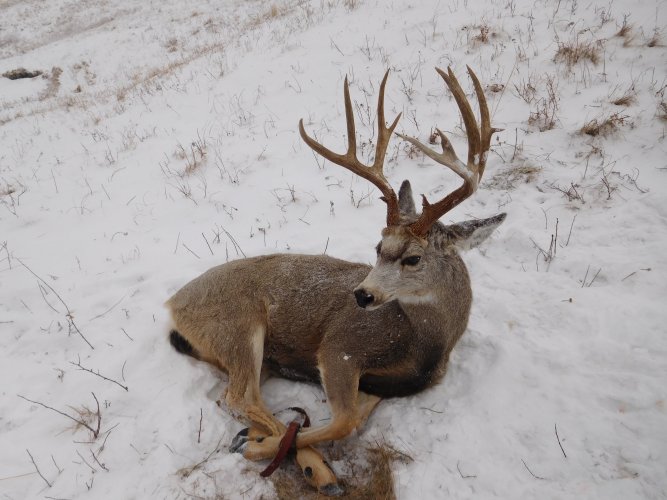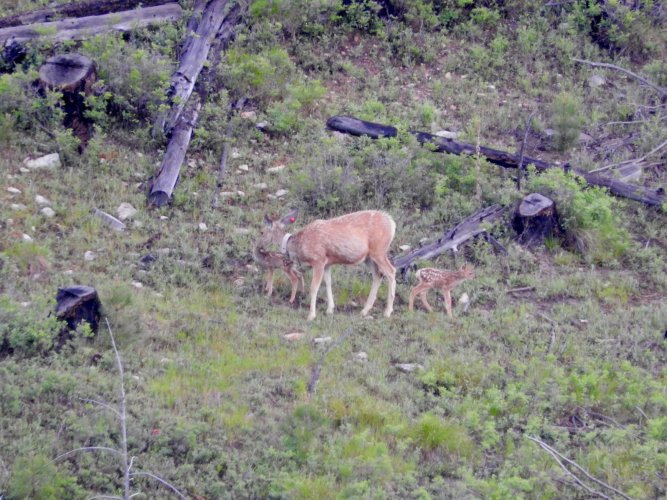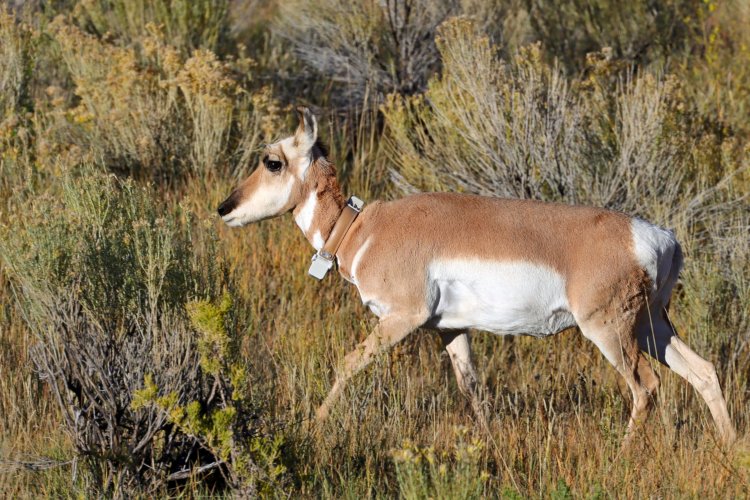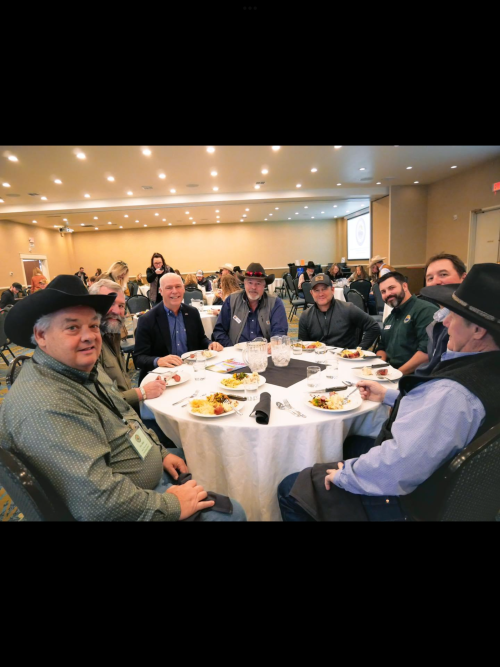BuzzH
Well-known member
I've seen several collared elk over the years in Montana, including one that was in a small herd my nephew killed his first elk out of a few years ago.
Never have seen a collared deer or pronghorn in Montana.
Never have seen a collared deer or pronghorn in Montana.









